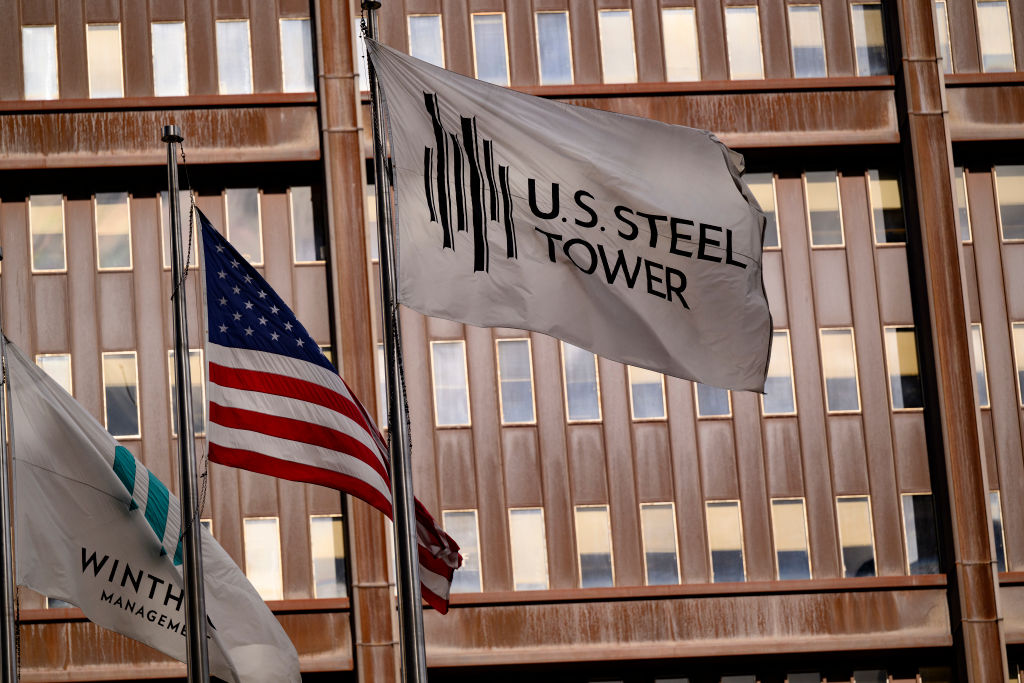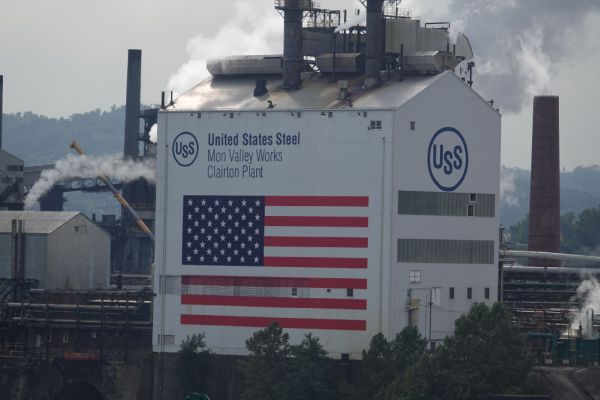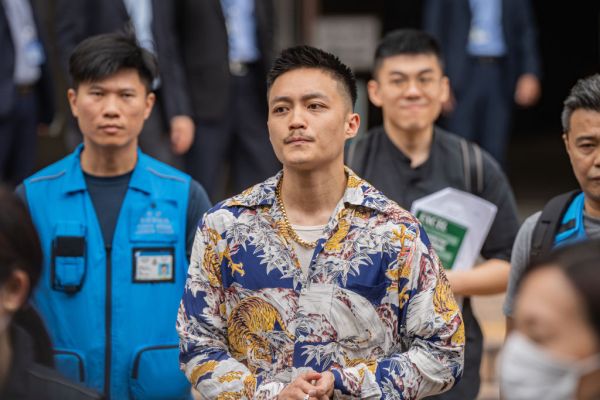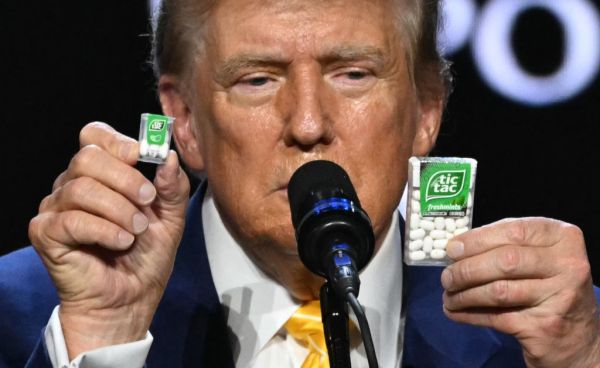Anyone who has spent time in western Pennsylvania knows that the region has faced serious hardship over the past two decades. The economic fallout following the Great Recession, the energy transition, and offshored production have resulted in a challenging economic outlook. Blue-collar communities like Braddock, Pennsylvania—where my grandparents grew up—have struggled to bring back jobs and families.
But the response to these problems from both the populist new right and the progressive left has often been to promote policies such as raising tariffs, opposing free trade agreements, and expanding antitrust law. It has been reflexively distrusting of economic cooperation with foreign companies, especially from Asia. Figureheads of these policies, like Ohio Sen. J.D. Vance and former Braddock mayor, now Sen. John Fetterman, promise they would revitalize factory towns and return power to the people. But while pandering to the idea of self-reliance, these policies actually promote government control over individual agency.
Communities like the ones I grew up around now face a choice: to reject this incessant narrative of Appalachia-in-decline, or to fall for a victim mentality and abandon both principles and long-standing traditions embedded in the history of the region. Cue the pending sale of Pittsburgh’s historic U.S. Steel to the Japanese company Nippon Steel.
In December 2023, Japan’s largest steel producer, Nippon Steel, offered nearly $15 billion to acquire the iconic U.S. Steel. Preemptively asserting that the plant would mine, melt, and supply in the United States, Nippon Steel also announced its intentions to move its U.S. headquarters to Pittsburgh. Beating out the domestic rival Cleveland Cliffs’ underfunded attempt to acquire Nippon Steel, Nippon prominently promised to invest $1.4 billion into U.S. Steel, continue existing union contracts, and address concerns raised by steelworkers.
Yet upon its announcement, a bipartisan array of politicians—from Sen. John Fetterman to former President Donald Trump—quickly denounced the sale and sought to block it over “national security concerns.” Fetterman, with his Senate colleagues Bob Casey and Sherrod Brown, described the deal as “a grave threat to the international trade system that seeks to protect American manufacturers and workers from those who would unfairly dump steel into the American market.” The deal has also been opposed by the United Steelworkers union, who claim that Nippon is offering “another collection of empty promises and open-ended language that would enable it to skirt obligations to workers and retirees.”
Despite this opposition—and pending regulatory review—Nippon Steel’s purchase of the former American goliath will not cause further socioeconomic upheaval. Rather, the Tokyo-based company pledges to grow the U.S. steel industry, as evidenced by its $1.4 billion investment. It has taken a similar approach with other U.S.-based steel businesses Nippon currently owns.
It makes sense. Given the current economic perils of Japan, a company like Nippon only stands to gain from reinvigorated growth and prosperity by U.S. Steel. Japan also relies on the United States for military resources, due to its demilitarization following World War II. In turn, Tokyo’s elected officials and business leaders alike hold a vested interest in a robust U.S. defense industrial base.
But rather than recognizing the benefits of the deal—including for the environment—opponents have instead chastised and stereotyped it. With their professed concerns about national security, people like Fetterman and Trump are conflating business with one of America’s most preeminent allies with the more concerning activities of China, such as purchases of farmland near U.S. military bases. There are plenty of national security concerns today, but the Nippon deal isn’t one of them.
Other concerns about the deal also fall prey to stereotyping about the region. Dubbed the “Paris of Appalachia,” the city faces similar struggles as the more rural regions of Kentucky and southern Ohio: a decline in manufacturing and labor jobs, weakened social cohesion, the opioid crisis, and skyrocketing deaths of despair. But the Steel City has shown grit and resilience as it transitions to a center of revolutionary scientific research and startup opportunities. This past decade, information systems and tech jobs have more than doubled. The city has been rated the most affordable housing market in America, offering stark contrast for millennials and Gen Z struggling with high rents in the traditional job hubs of New York and Los Angeles.
Pittsburgh’s economic resilience, moreover, is part of a regional history of public cooperation with private enterprise. Titans of industry like Andrew Carnegie, Henry Clay Frick, and Andrew Mellon—who led the growth and development of the city under U.S. Steel—built the city’s most iconic landmarks. Carnegie Mellon University, Frick Park, and the Cathedral of Learning are a testament to their influence. While most would now rightly object to their labor practices, the Steel City would not be what it is today without the business community.
Over the past several months, the Nippon deal has trudged forward. The company has retained Mike Pompeo—the former secretary of state and a prominent China hawk—to aid with the $14.9 billion bid as it awaits final approval by U.S. agencies including the Department of Justice’s Antitrust Division. But its success is not guaranteed. As the New York Times reported earlier this week, the deal remains “locked in a standoff.”
It’s a shame that the Nippon Steel deal could become the latest victim of a willfully blind approach to U.S. trade relations and defense strategy. Rather than carefully distinguishing between the predatory business practices of our adversaries—China most prominently among them—and traditional trade agreements with close allies, protectionist voices fall back on a misplaced nostalgia for the past.
Missing the forest for the trees, critics of the Nippon deal are failing to lobby for the future. The sale shows clear economic benefits for the region. Bringing U.S. Steel into the next American chapter, the Nippon deal and others like it have the potential to unite America and its democratic allies abroad—all while keeping with the enterprising traditions of the region.









Please note that we at The Dispatch hold ourselves, our work, and our commenters to a higher standard than other places on the internet. We welcome comments that foster genuine debate or discussion—including comments critical of us or our work—but responses that include ad hominem attacks on fellow Dispatch members or are intended to stoke fear and anger may be moderated.
With your membership, you only have the ability to comment on The Morning Dispatch articles. Consider upgrading to join the conversation everywhere.